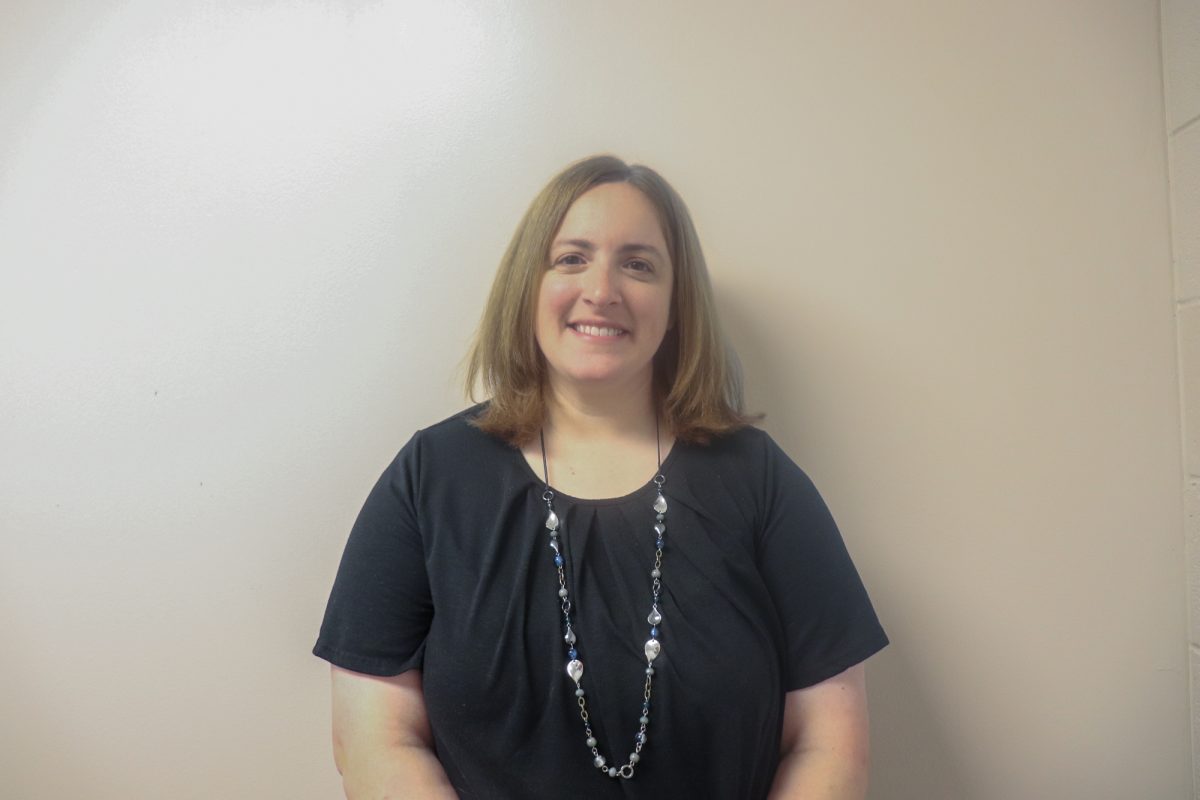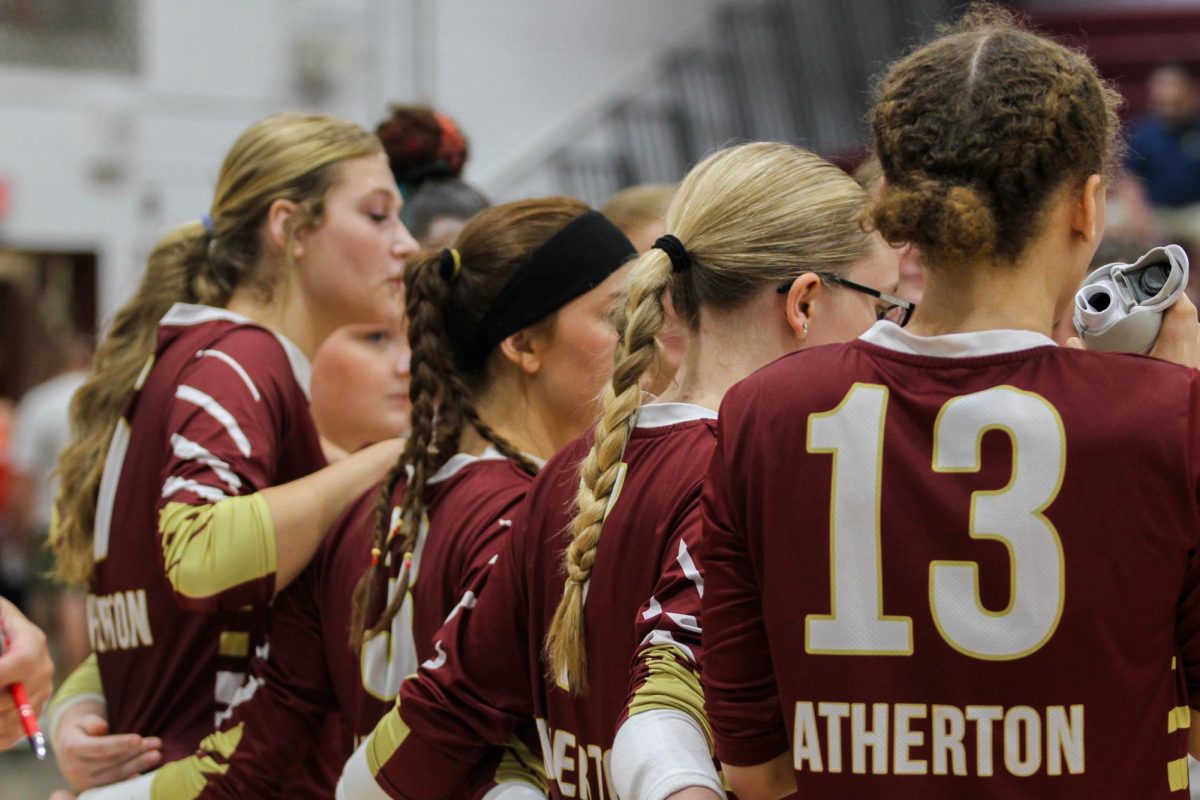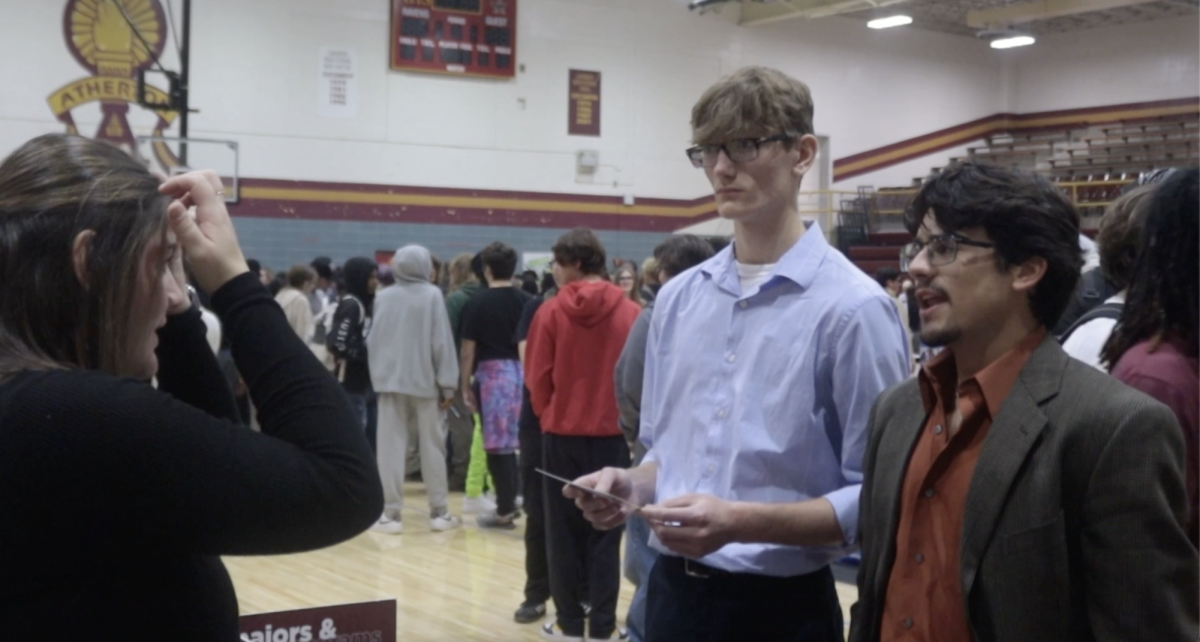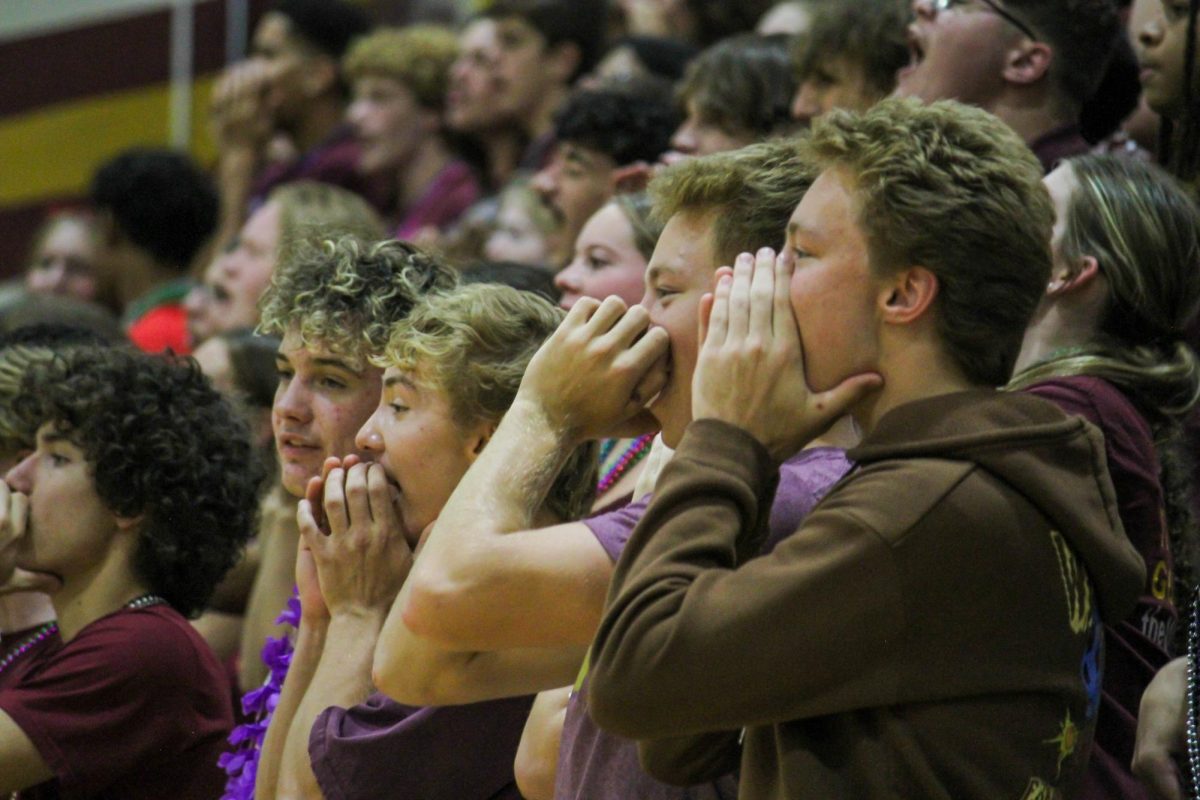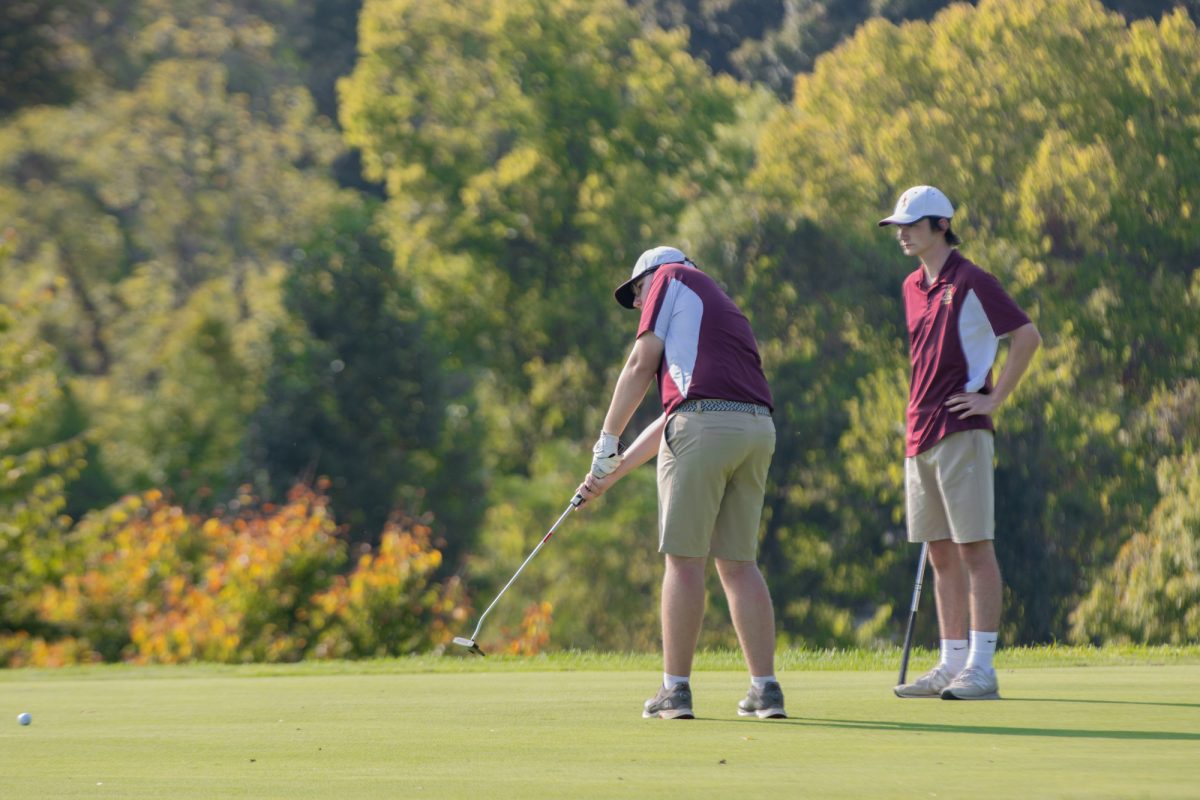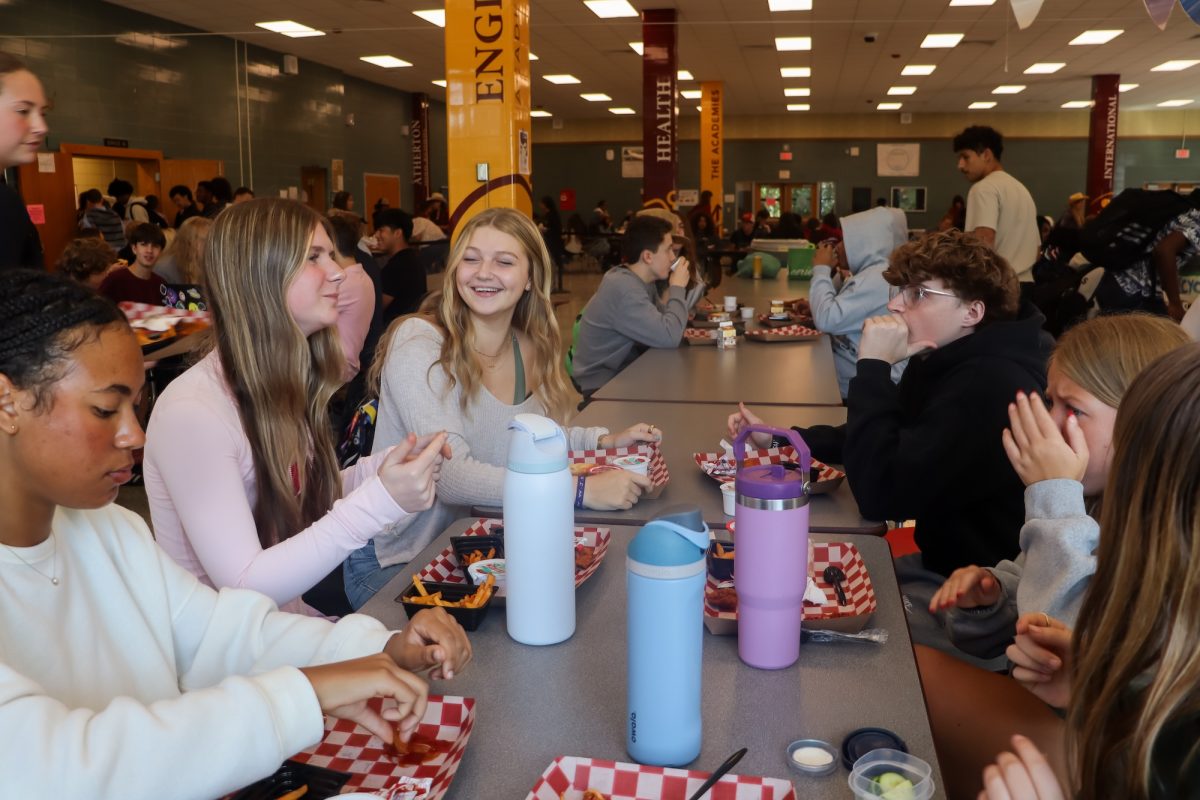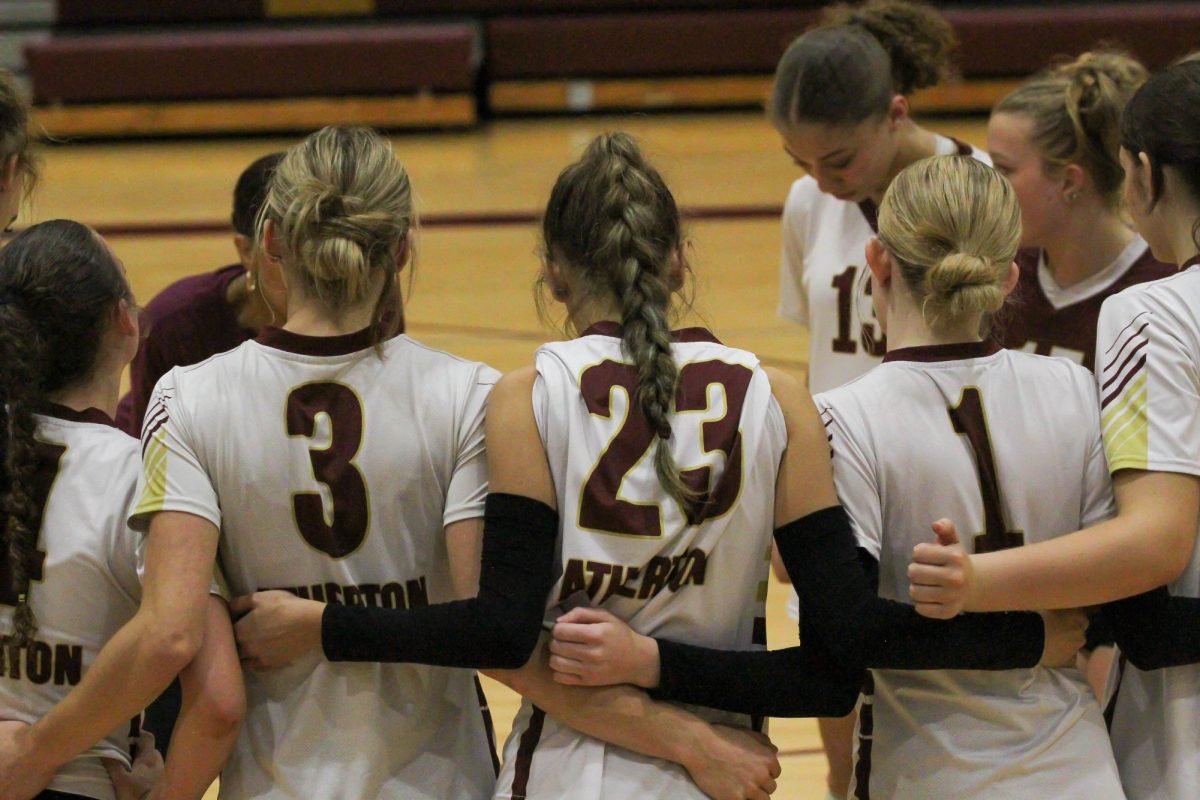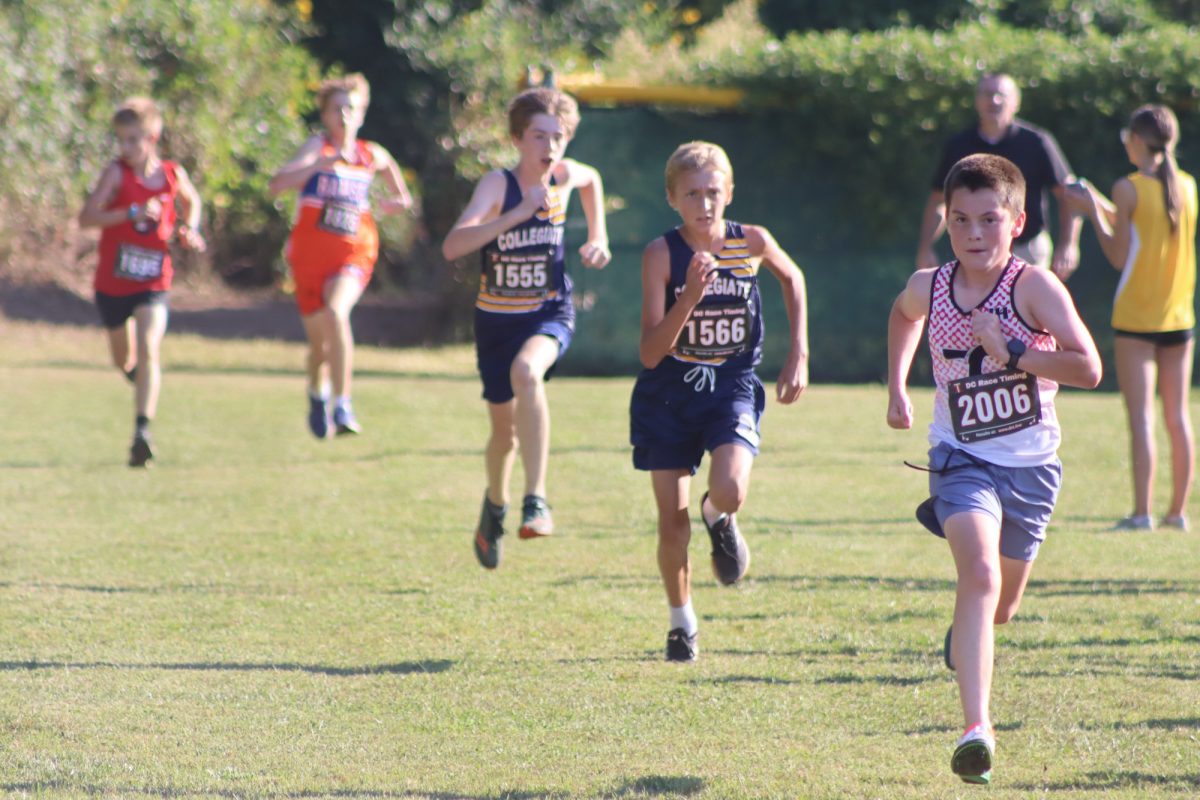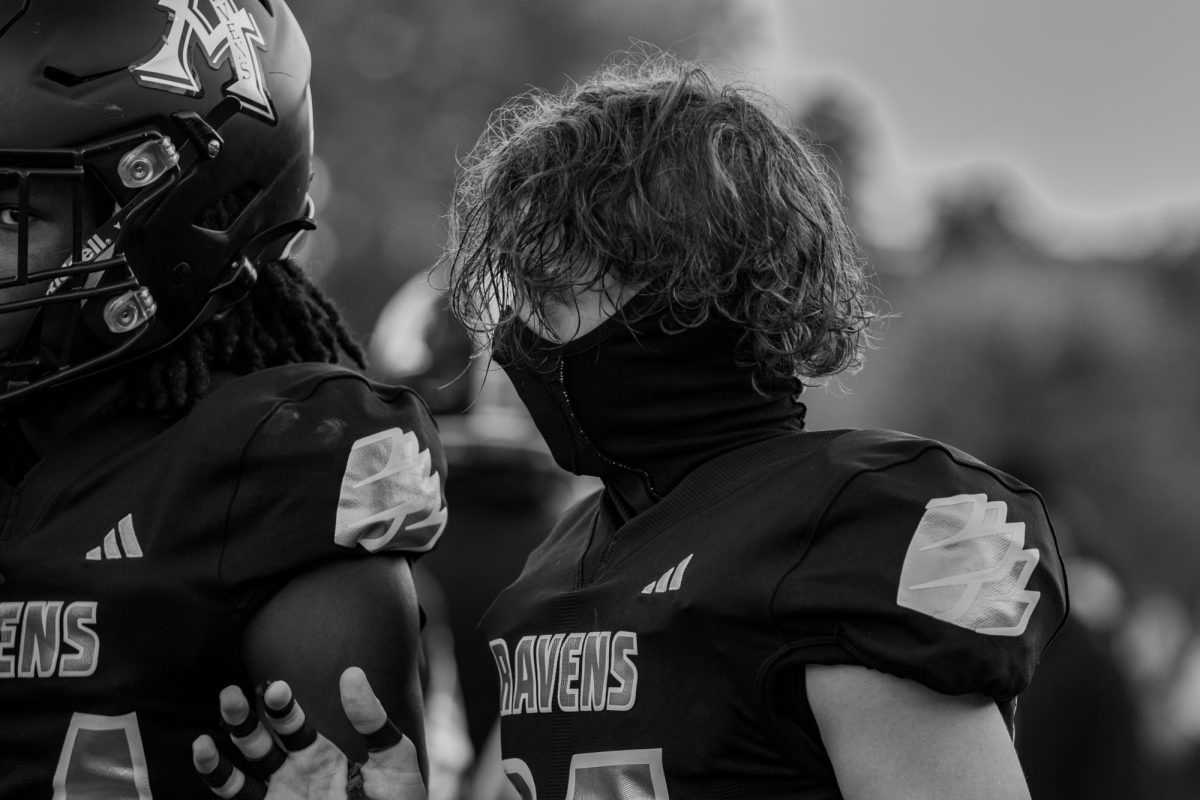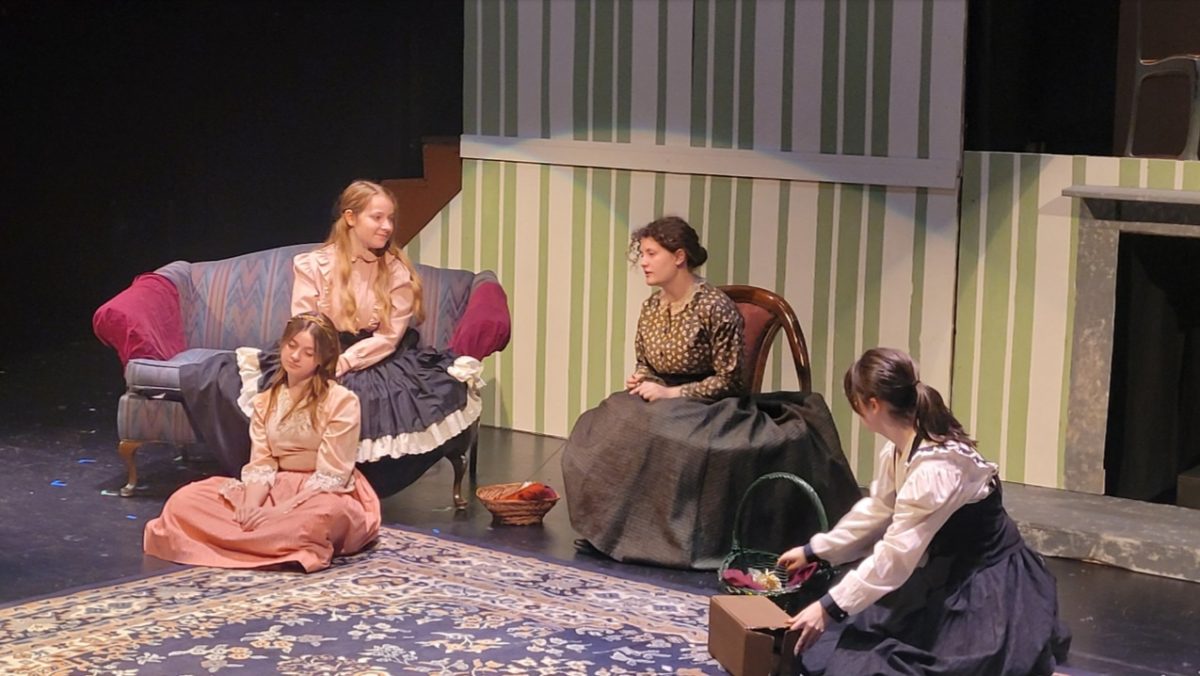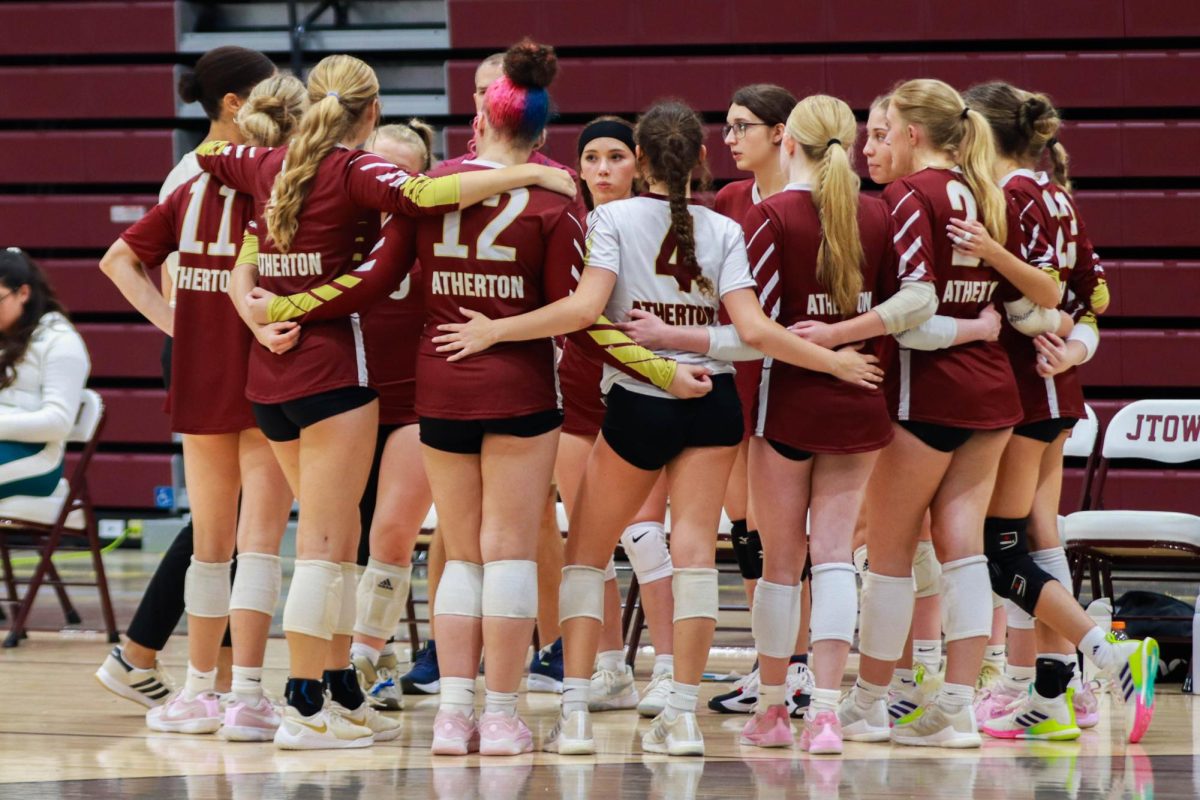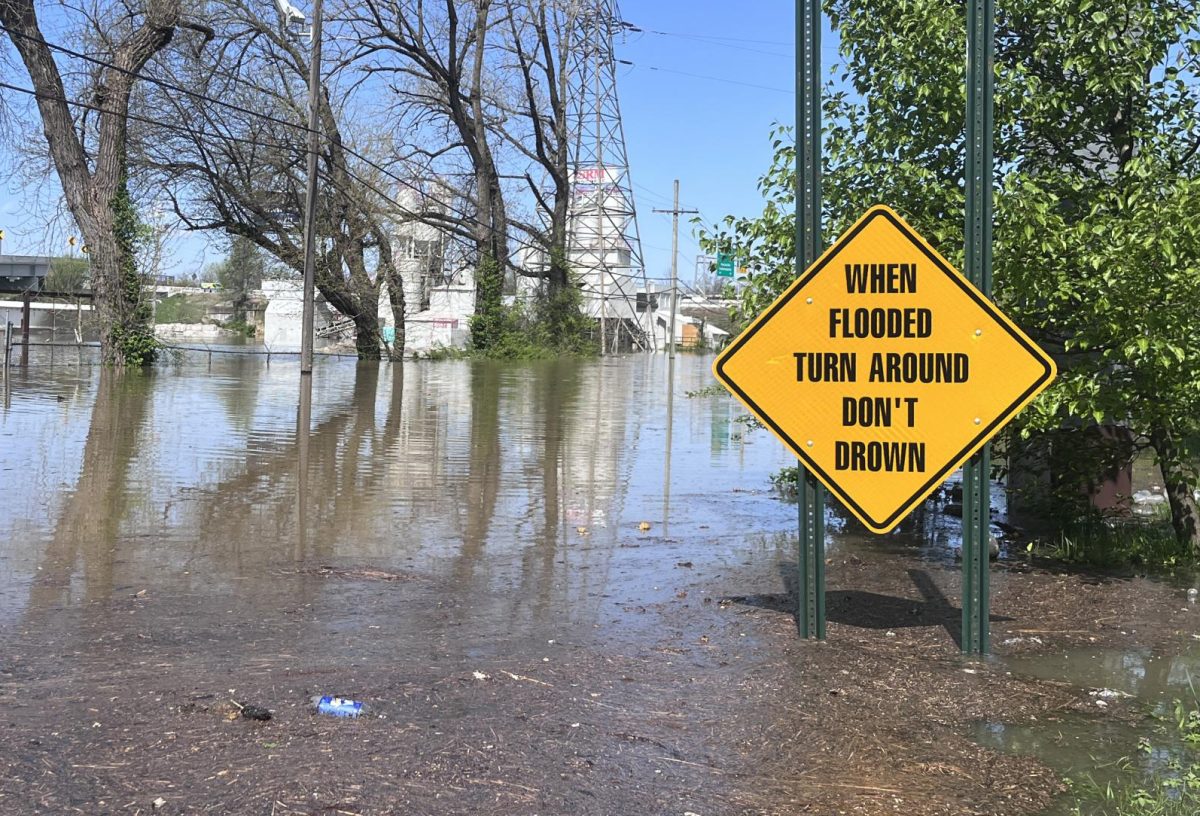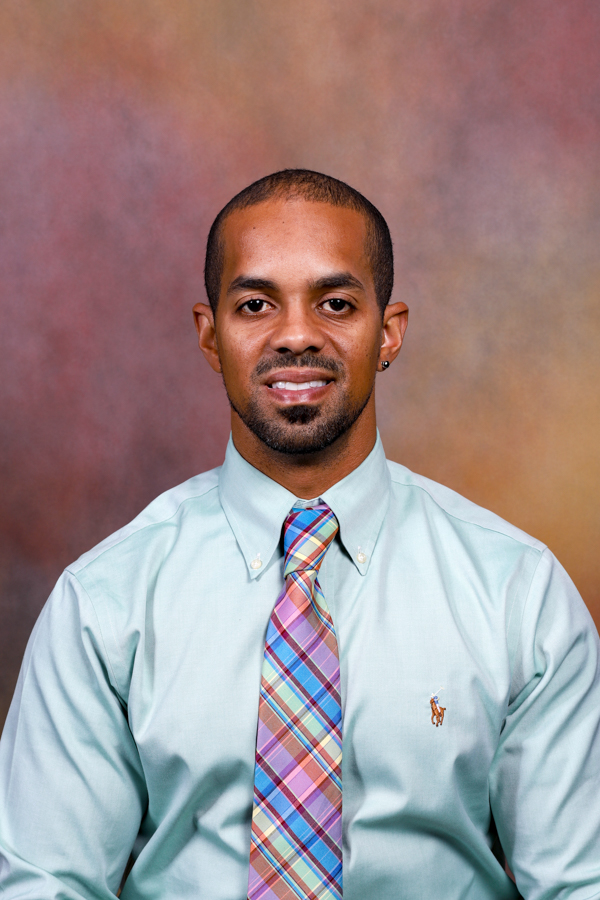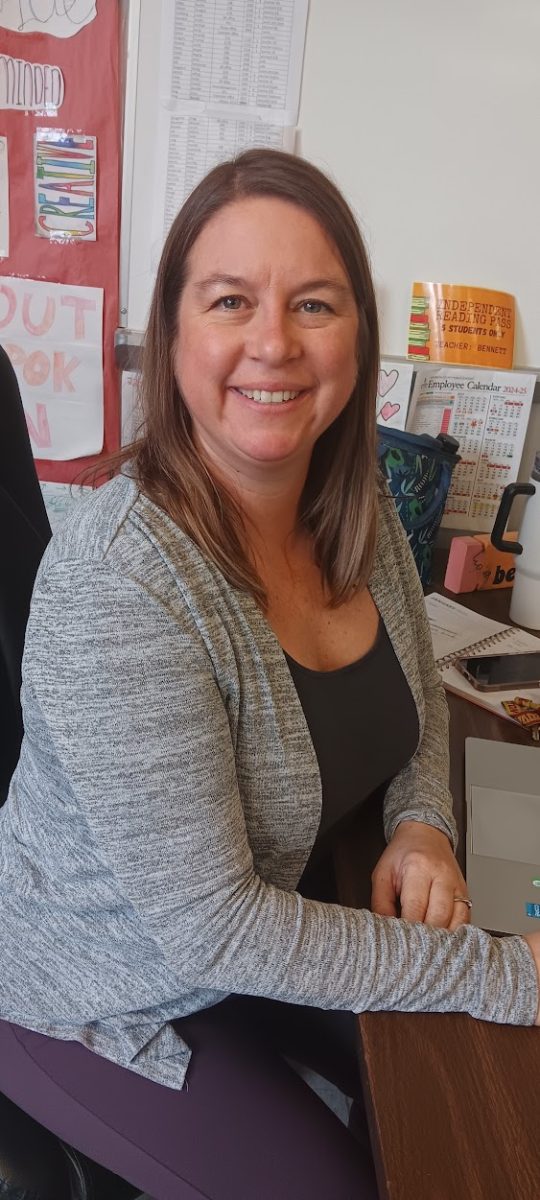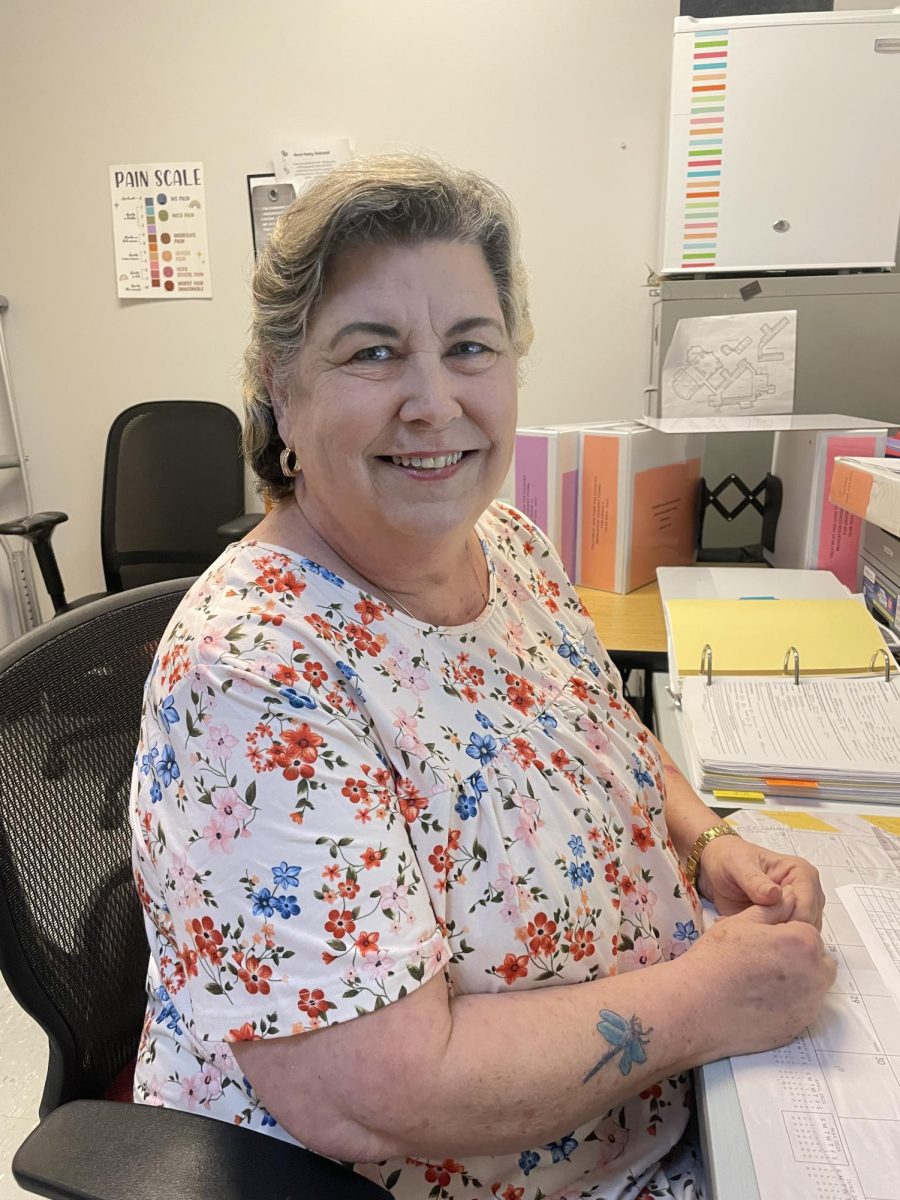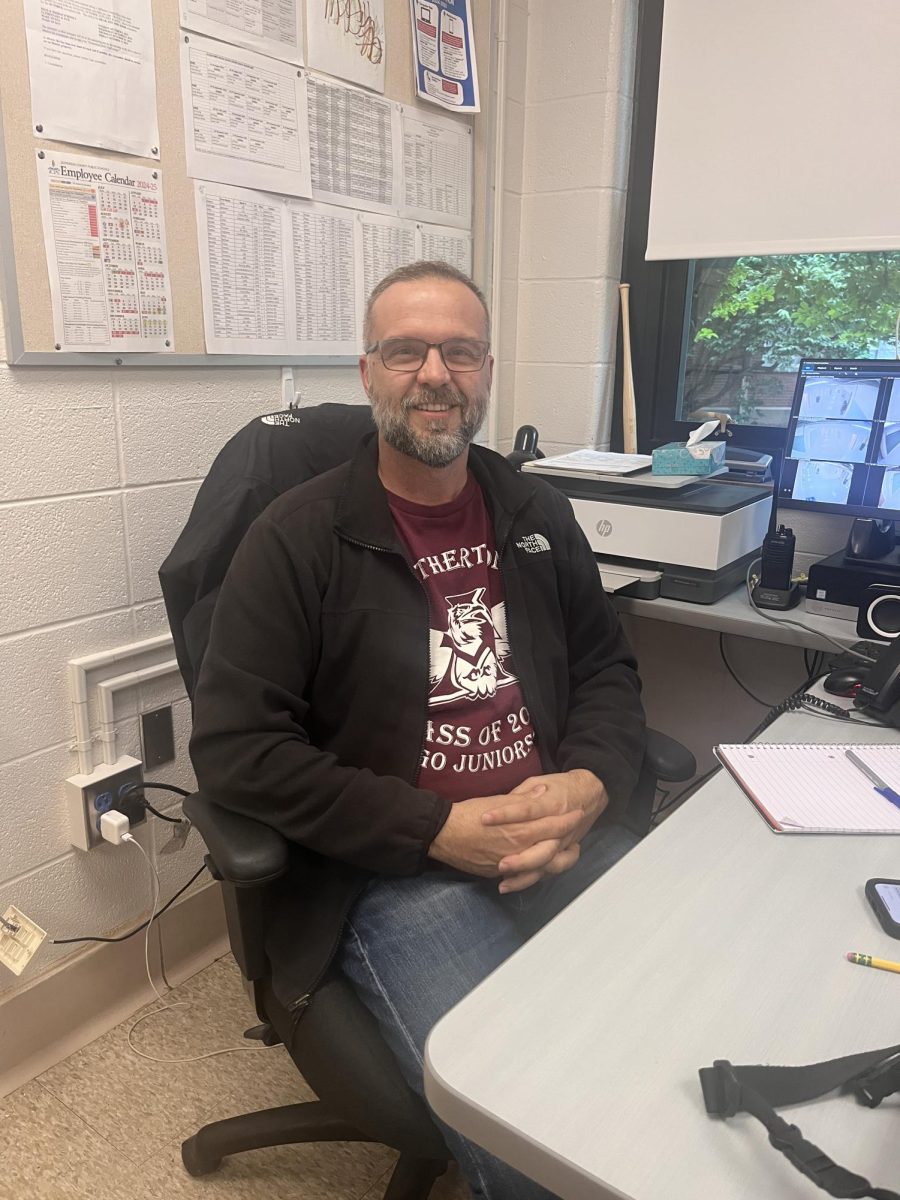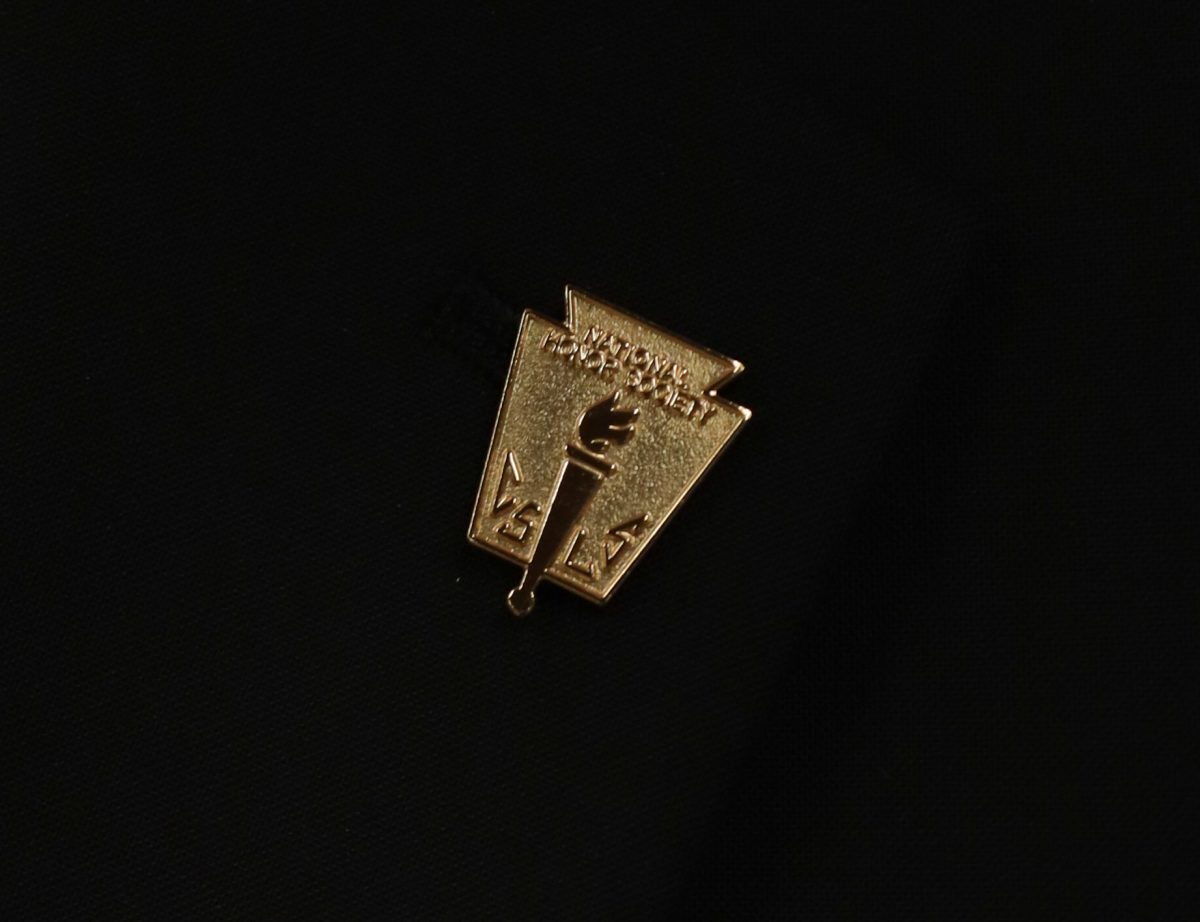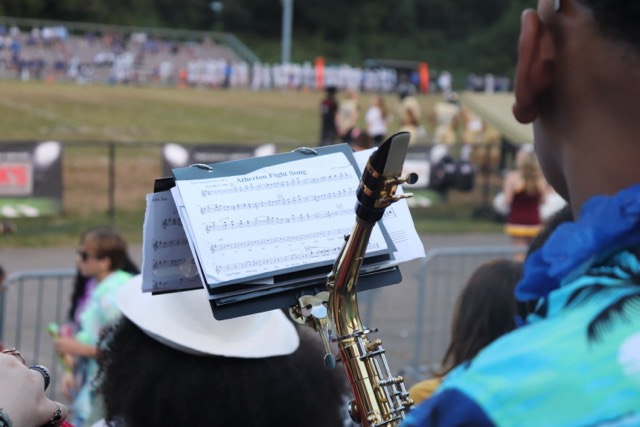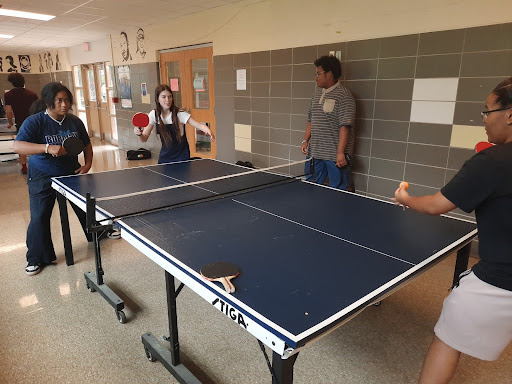The Jefferson County School Board passed a ban on cell phones in JCPS schools during its meeting Tuesday, May 13th. The ban, which will become active during the 2025-2026 school year, will restrict students from using their cell phone during the whole school day, including lunch periods and class transitions. The new policy was put in place in response to House Bill 208, a law that bans the use of cell phones in schools, which was passed by Kentucky lawmakers during the 2025 legislative session. Because of the new bill, Kentucky school districts are required to implement a phone policy that either bans the use of phones during instructional time or the whole day.

Atherton student Lucas Selch (11) believes the new phone policy will be great for students and staff.
“The increase of focus in students as well as more social interaction will be great for the classroom setting. And for teachers, being able to teach to students paying attention instead of to a classroom full of heads down or students on their phone will be great for JCPS schools” Selch says.
However, not all students like the new policy. While Evan Taylor (11) recognizes the benefit of students not being distracted during class, she believes the bill goes too far.

“Preventing students from even glancing at their phones during transitional periods or lunch is absolutely insane. What about the kids who need to call their parents, the kids who have alarms, etc.?” Taylor says.
House Bill 208 does allow exceptions to phone restriction in emergency situations. Superintendent Marty Polio has also commented that how the policy is implemented will be up to the schools, meaning students aren’t guaranteed to have to lock their phones in pouches like at Fern Creek, who installed a phone ban this year.
Trey Leister Jr. (11) doesn’t like the phone ban, but believes that if JCPS is going to implement it then it needs to be properly enforced at each school.

“If the district fails to give a system for enforcing the policy, it puts all the weight on the individual teachers and that will only hurt the policy” Leister Jr. says.
Curious of what the Atherton student body thought of the policy as a whole, I posted a poll on Thursday, May 15th on my instagram story asking whether students liked or didn’t like the cell phone ban. The results showed an overall negative perception of the policy among students, with only 24% (19 votes) saying they liked it and 76% (59 votes) saying they didn’t.
Social studies teacher Ms. Richey says she absolutely supports an instructional ban on phones, and that an all day ban would be the easiest to enforce.
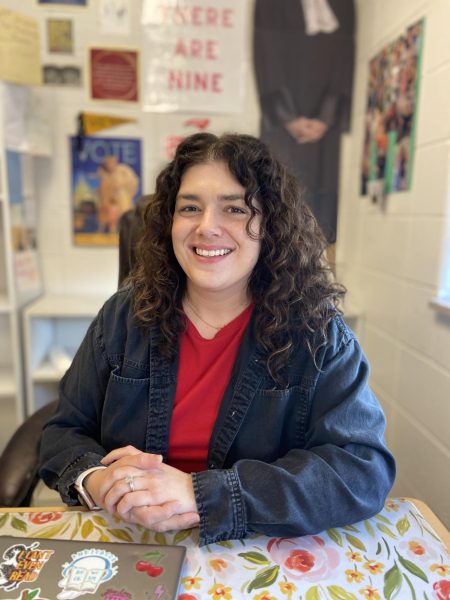
“I don’t know if it’s the best way, but I think at this juncture, it’s the only way, because having moderation with it has not worked, and so unfortunately, I think we have to go to the extreme” Richey says.
Media Arts Academy teacher Mrs. McArthur has kids use their cell phones frequently to take photos and videos, but she still thinks a total ban is the right move.
“Even though I use and rely on them, especially during the beginning of the school year with my intro students, I still think that the benefits of getting rid of them school wide outweigh the benefits I have of

using them in my classroom,” McArthur says. “I will get more cameras because there’s too many kids that are zoning out on their phones.”
During the JCPS board meeting on Tuesday, board member James Craig said that “we need to get rid of these cellphones inside of the building. How do we do it? That is the question we are grappling with.” So ultimately, we will have to wait to see how implementing the policy in schools plays out.

